
ID notes:The most widespread and common of our species of Baptisia, B. tinctoria is readily recognizable from its small, yellow flowers, small leaflets, and small fruits.
Origin/Endemic status: Native
Taxonomy Comments: The taxa synonymized need further investigation.
Synonymy: = C, FNA11.1, K1, K3, K4, Mi, NE, NY, Pa, RAB, S, SE3, Tn, Va, W, Isely (1981), Isely (1998), Mendenhall (1994a), Mendenhall (1994b), Turner (2006a); > Baptisia gibbesii Small – S, S13; > Baptisia tinctoria (L.) Vent. – S, S13; > Baptisia tinctoria (L.) Vent. var. crebra Fernald – F, Il, Tat, Larisey (1940a); > Baptisia tinctoria (L.) Vent. var. projecta Fernald – F, G, Larisey (1940a); > Baptisia tinctoria (L.) Vent. var. tinctoria – F, G, Tat, Larisey (1940a)
Heliophily: 8
Hover over a shape, letter, icon, or arrow on the map for definition or see the legend.
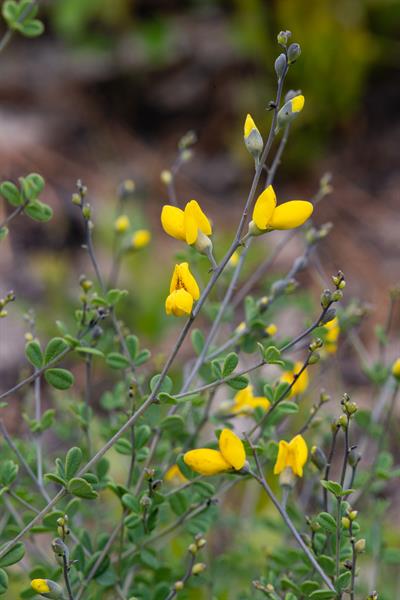 © Keith Bradley | Original Image ⭷
© Keith Bradley | Original Image ⭷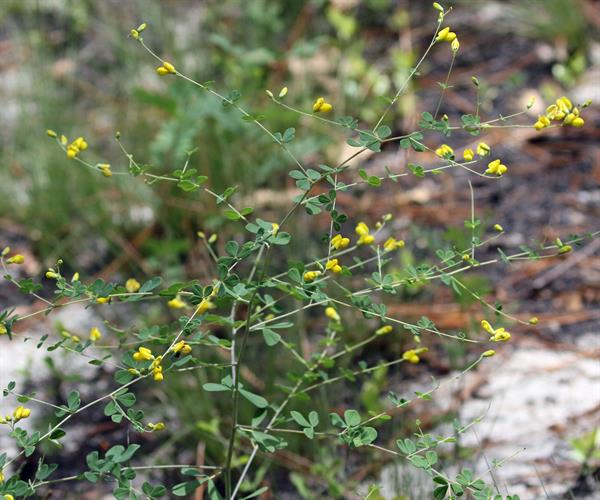 © Will Stuart | Original Image ⭷
© Will Stuart | Original Image ⭷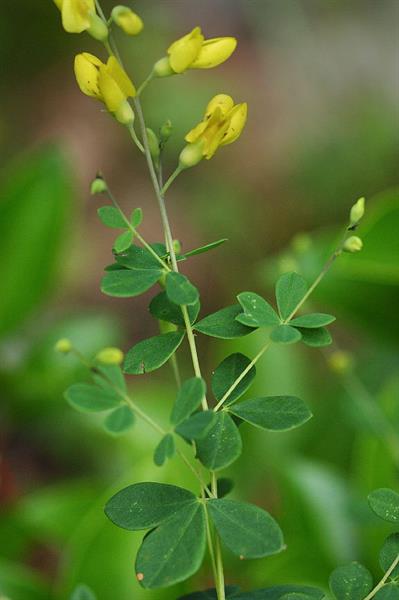 © Gary P. Fleming | Original Image ⭷
© Gary P. Fleming | Original Image ⭷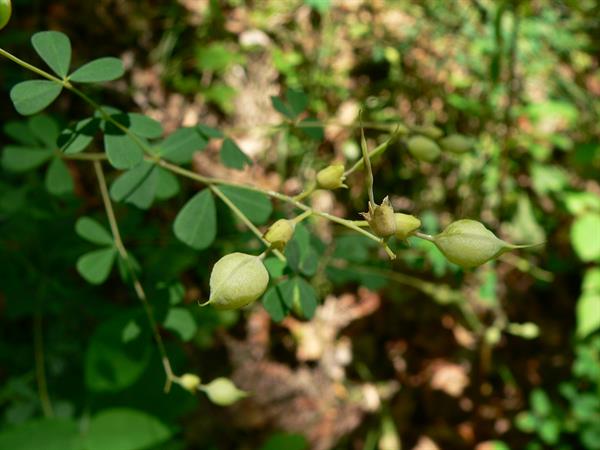 © Richard & Teresa Ware CC-BY-NC, permission granted to NCBG | Original Image ⭷
© Richard & Teresa Ware CC-BY-NC, permission granted to NCBG | Original Image ⭷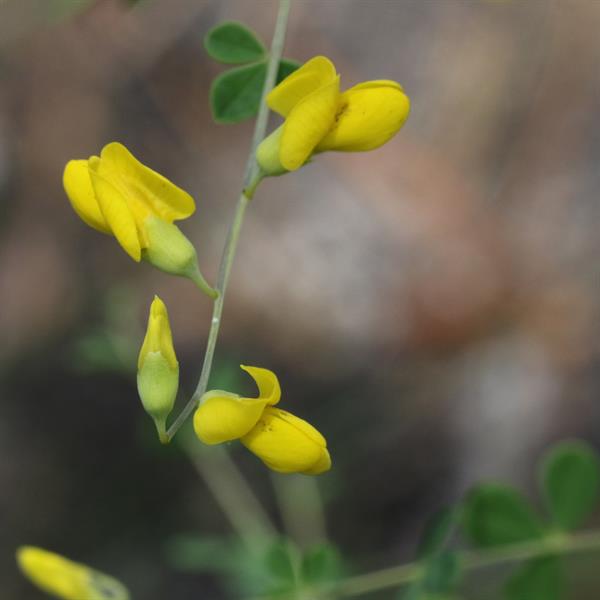 © Will Stuart | Original Image ⭷
© Will Stuart | Original Image ⭷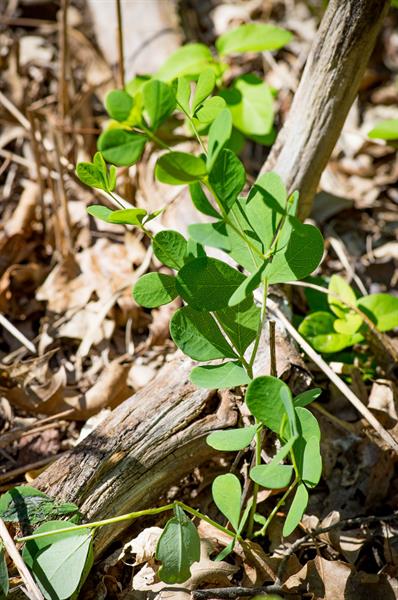 © Erik Danielson source | Original Image ⭷
© Erik Danielson source | Original Image ⭷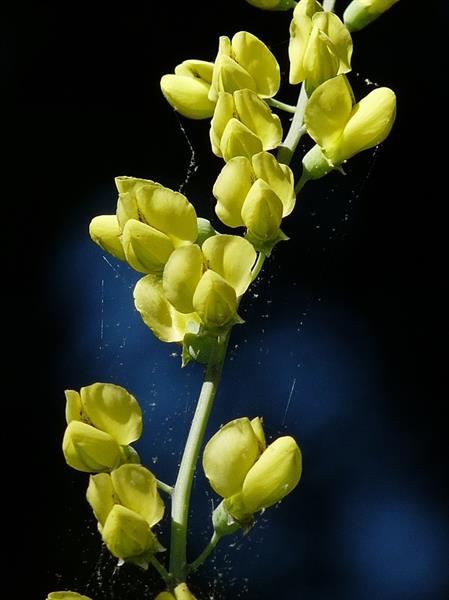 © Richard & Teresa Ware CC-BY-NC, permission granted to NCBG | Original Image ⭷
© Richard & Teresa Ware CC-BY-NC, permission granted to NCBG | Original Image ⭷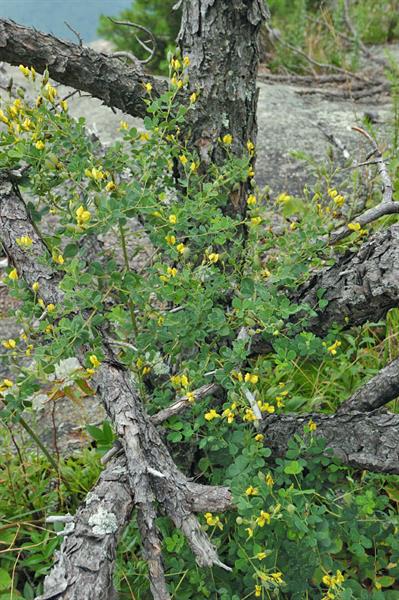 © Gary P. Fleming | Original Image ⭷
© Gary P. Fleming | Original Image ⭷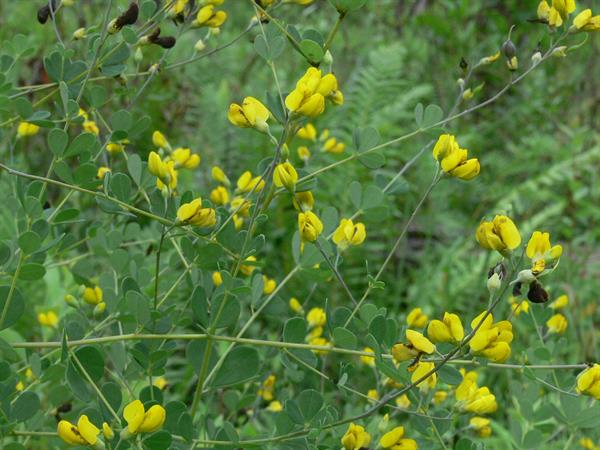 © Bruce A. Sorrie | Original Image ⭷
© Bruce A. Sorrie | Original Image ⭷Feedback
See something wrong or missing on about Baptisia tinctoria? Let us know here: (Please include your name and email if at all complicated so we can clarify if needed.)
Cite as...